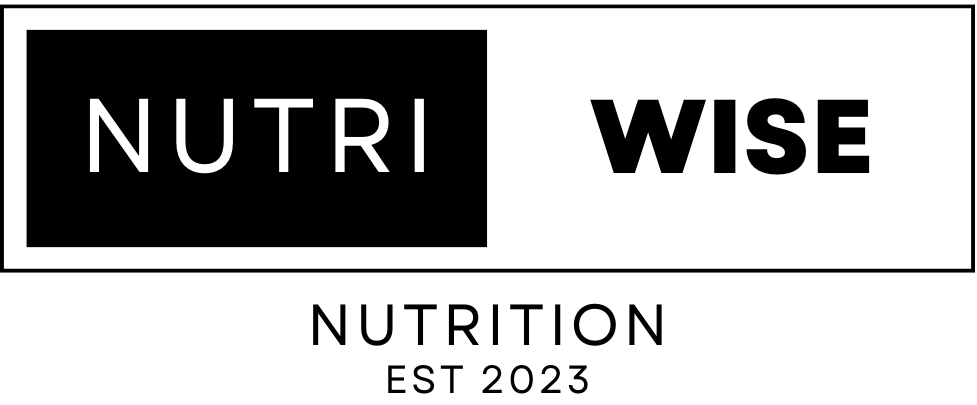Unlock Performance With L-Citrulline: The Nitric Oxide Booster
L-Citrulline is a non-essential amino acid that has been gaining attention in the sports and fitness industry for its potential to enhance physical performance and endurance. This article explores the benefits of L-Citrulline as a nitric oxide booster and how it can unlock athletic potential.
Through its conversion to Arginine and Nitric Oxide, L-Citrulline promotes vasodilation, which improves blood flow and oxygen delivery to the muscles during exercise. This can lead to reduced fatigue and improved endurance, making L-Citrulline an attractive supplement for athletes and fitness enthusiasts.
Additionally, L-Citrulline has been shown to reduce blood pressure levels, increase protein synthesis, and have an amino acid sparing effect, which can further enhance athletic performance.
Effective dosing and timing are crucial factors when it comes to supplementing with L-Citrulline. This article will provide evidence-based recommendations for optimal dosing and timing, as well as compare L-Citrulline to other popular nitric oxide boosters like Arginine.
By the end of this article, readers will have a better understanding of the benefits of L-Citrulline and how it can help unlock their athletic potential.
Benefits and Mechanism
The benefits of L-Citrulline, including improved physical performance and endurance as well as reduced blood pressure levels, are attributed to its conversion into Arginine and subsequent production of Nitric Oxide, which causes vasodilation. This vasodilation leads to increased blood flow to muscles, allowing for improved oxygen and nutrient delivery during exercise. As a result, individuals may experience increased endurance and delayed muscle fatigue, leading to improved physical performance.
In addition to its performance-enhancing effects, L-Citrulline has also been shown to have positive effects on blood pressure regulation. Studies have found that consistent supplementation with L-Citrulline can lead to significant reductions in both systolic and diastolic blood pressure levels in individuals with high and normal blood pressure. This may be due to its role in the Urea Cycle, which converts ammonia to urea and helps to reduce blood pressure levels.
Effective Dosing and Timing
Optimal dosing and timing of L-Citrulline supplementation have been shown to have a significant impact on its performance-enhancing and blood pressure-lowering effects. A dose of at least 3,000 mg per day is effective in providing benefits, but dosing has a diminishing returns factor. Therefore, it is important to find the optimal dose for each individual.
Consistent supplementation is important to yield the best results, and taking a serving 15-30 minutes before exercise is ideal for performance-enhancing benefits. In terms of timing, pre-exercise consumption has been shown to have the greatest impact on performance-enhancing benefits. It is recommended to take L-Citrulline consistently for at least 7 days to see blood pressure-lowering effects.
Additionally, combining L-Citrulline with other supplements, such as caffeine and creatine, has been shown to further enhance its performance-enhancing effects. Overall, finding the optimal dosage strategy and timing can greatly enhance the benefits of L-Citrulline supplementation.
Comparison to Arginine
When comparing L-Citrulline to Arginine, studies have shown that L-Citrulline is a more effective supplement for increasing plasma Arginine levels and improving endothelial function.
While Arginine is also converted into Nitric Oxide, it has a lower bioavailability and is more rapidly metabolized by the liver. This means that a larger dose of Arginine is required to achieve the same results as L-Citrulline. Additionally, Arginine has been associated with gastrointestinal discomfort at higher dosages, while L-Citrulline has fewer reported side effects.
Furthermore, L-Citrulline has been shown to have additional benefits beyond its conversion to Arginine. Unlike Arginine, L-Citrulline does not contribute directly to protein synthesis, but it can increase protein synthesis indirectly by sparing other amino acids. This can result in improved recovery and muscle growth.
Additionally, L-Citrulline has been shown to have a blood pressure-lowering effect in individuals with hypertension, while Arginine may have little to no effect on blood pressure.
Overall, L-Citrulline appears to be a more effective supplement than Arginine for improving physical performance, endurance, and overall health.











